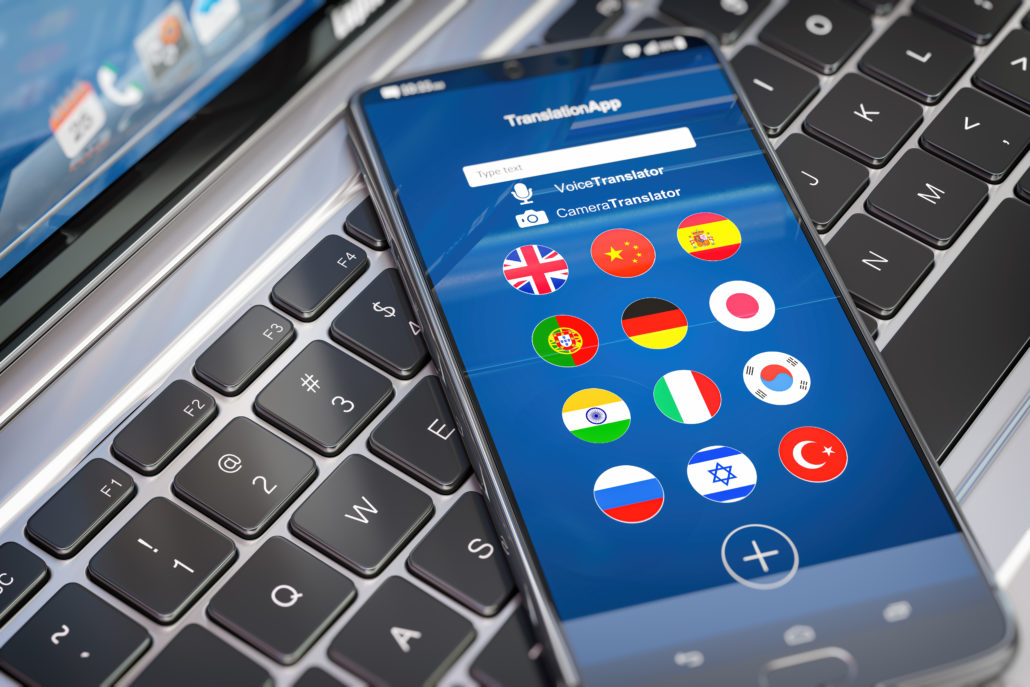DifferentVPN tests in recent months of which we have synthesized the highlights! Our last article covering a VPN test (that of Mullvad) was at the end of August 2014 and since then we have focused on: LiquidVPN, VPN. AC, Proxy.SH, IronSocket, VikingVPN, Perfect-Privacy, EarthVPN, IVPN, OverPlay (SmartDNS) and Unlocator (SmartDNS) are the tani VPN @ Polska.
It must be said that the use of VPNs has never been so necessary:
- Restrictions of uses or services depending on the country! the F.A.I! the sites!. The various restrictions are a de facto situation more and more common. And they are numerous:
- Censorship, Filtering, Surveillance of the Web in many countries with the striking example of China which cuts access to many sites or services according to its desiderata. The latest example is the Gmail service suddenly cut on December 26, 2014 as shown in this official graph of Google on real time data of traffic to Gmail – Fortunately France is still far from it!
- The géo-restriction. This has nothing to do with a form of censorship, it is simply a question of copyright. All the online video sites (Replay, VOD) apply it. But many travelers or expats want to continue watching them, to keep a cultural link with their country of origin. Similarly, many Internet users want to access these contents even though they are foreign to the countries they are intended for. The most common cases are Hulu or Netflix USA, which limit (theoretically) the US catalog to American residents. The case of Netflix is quite symptomatic: for many years the platform’s catalog was not available outside the US but many VPN users used the IP change function to access it. But since a few months a settlement to European countries (+ Australia) has been engaged and since Netflix leaves a doubt on a possible blocking of VPN and other SmartDNS.
- Internet à two speeds: Bandwidth limitation according to the sites visited. This procedure has existed for a long time. It is about containing the increase of the demand in bandwidth by slowing down some intensive uses. In the target video sites such as Netflix, YouTube, Hulu (In the U.S., YouTube and Netflix take up more than half of the bandwidth of the Internet); (In the United States, YouTube and Netflix take up more than half of the bandwidth in peak periods) and why not video X platforms which also generate a lot of traffic. Consequence: the platforms that refuse to pay will see their videos load very slowly!!!
-
- Surveillance, retention of Logs. The case of France is quite symptomatic of increased surveillance: Officially since April 2014 the European directive on data retention is invalid following a decision of the High Court of Justice. But the national transpositions of this directive remain valid as long as these countries do not repeal the laws that have derived from it. Between the countries that declare that this directive is unconstitutional (Austria, Romania, Slovenia, Slovakia, Czech Republic, Hungary, Cyprus, Bulgaria), Germany that did not apply it in its law, the countries that did not apply it in their national law, the countries that did not apply it in their national law, the countries that did not apply it in their national law, the countries that did not apply it in their national law, the countries that did not apply it in their national law, the countries that did not apply it in their national law and the countries that did not apply it in their national law; The list of EU countries that do not apply this directive is starting to be long. Estonia, Greece, Latvia, Poland, Malta, Portugal and Croatia) are among those who have chosen not to repeal it. Fortunately, it has not taken the example of the United Kingdom or Switzerland, which have since April 2014 further strengthened their legislation on the retention of connection data (Logs).
- On the other hand, France has been noticed at the end of 2014 with the implementation of the controversial article 20 of the military programming law (LPM) adopted a year ago and aimed at reinforcing the surveillance of the internet. The rationale and goals of these decrees are very simple, the CNIL summarized them in its release: The purposes for which the data may be requested have been extended and the list of services that may require such data has been corrected and expanded: the commission notes that the data held by operators that can be requested is increasing, is accessible, and is available to a growing number of operators; In fact, it is the only way to ensure that the information held by the operators that can be requested is available to an ever-increasing number of organizations, either by judicial or administrative order or in execution of a right of access, and this for very different purposes. =In fact, it is like a legal headlong rush, we widen, widen the fields (for very legitimate reasons of fighting against terrorism, organized crime, etc.). But more and more services are allowed to access them, we create more and more files at the risk of not knowing who is managing them, the retention period is getting longer, with the final danger of crossing files; the CNIL is right to be concerned about the risks that result from this for privacy and the protection of personal data in Surfshark danske.
So VPNs are adapting to the market:
- Putting forward geographical restrictions (Netflix, …) – For us Français it is mostly our replay services that require a FR IP. No difficulty to find one. The originality comes from VPN.AC.
-
- VPN.AC offers French IPs coming from the F.A.I Free. Quite original and powerful because you êtes sûrs of the géolocation FR of these IPs. I na’vemently thought I could use them to connect to Free s free newsgroups using the news.free.fr address but I only had accessès the Hiérarchie Proxad!!!. These IP of Free are also a good way to access a whole set of services (Yahoo, Google, Bank, Paypal, Cloudflare) by having an IP that will not be recognized as an intrusion attempt! The case of Cloudflare is quite real. Many sites use it, it is placed between the Internet users and the website. It acts as a reverse-proxy: Any HTTP request destined to your site first goes through the CloudFlare servers, which analyze it and possibly block it. With VPN.AC and its Fr IP I have no worries about connecting to sites behind CloudFlare.
Little reminder: you have three kinds of Ips.- Those coming in 95% of cases from a Hosting Provider (Data Center) type Leaseweb
- More rarely from the VPN itself as IPVanish which manages its network, in this case the qualifier of Tier-1 VPN Network is attributed to it.
- In the last case the IP comes from an F.A.I. In this case the IP is residential ip address which means that for a network administrator you are seen as a subscriber of this F. A.I. This is the example of VPN.AC which offers a residential French IP. The other VPN that is increasingly developing this concept is IAPS, which offers residential IP in more than 25 countries around the world like Surfshark thailand.
- VPN.AC offers French IPs coming from the F.A.I Free. Quite original and powerful because you êtes sûrs of the géolocation FR of these IPs. I na’vemently thought I could use them to connect to Free s free newsgroups using the news.free.fr address but I only had accessès the Hiérarchie Proxad!!!. These IP of Free are also a good way to access a whole set of services (Yahoo, Google, Bank, Paypal, Cloudflare) by having an IP that will not be recognized as an intrusion attempt! The case of Cloudflare is quite real. Many sites use it, it is placed between the Internet users and the website. It acts as a reverse-proxy: Any HTTP request destined to your site first goes through the CloudFlare servers, which analyze it and possibly block it. With VPN.AC and its Fr IP I have no worries about connecting to sites behind CloudFlare.
-


